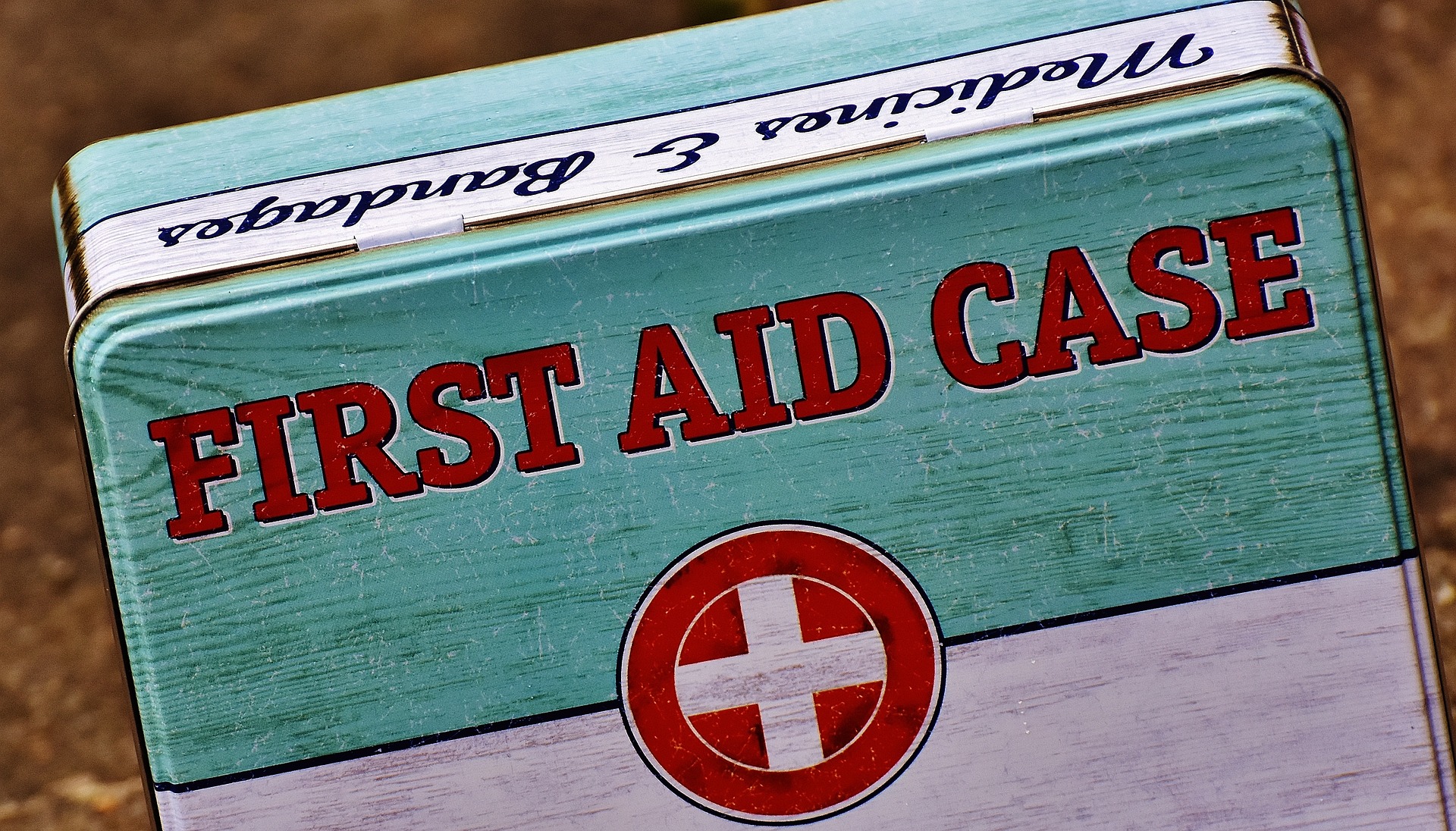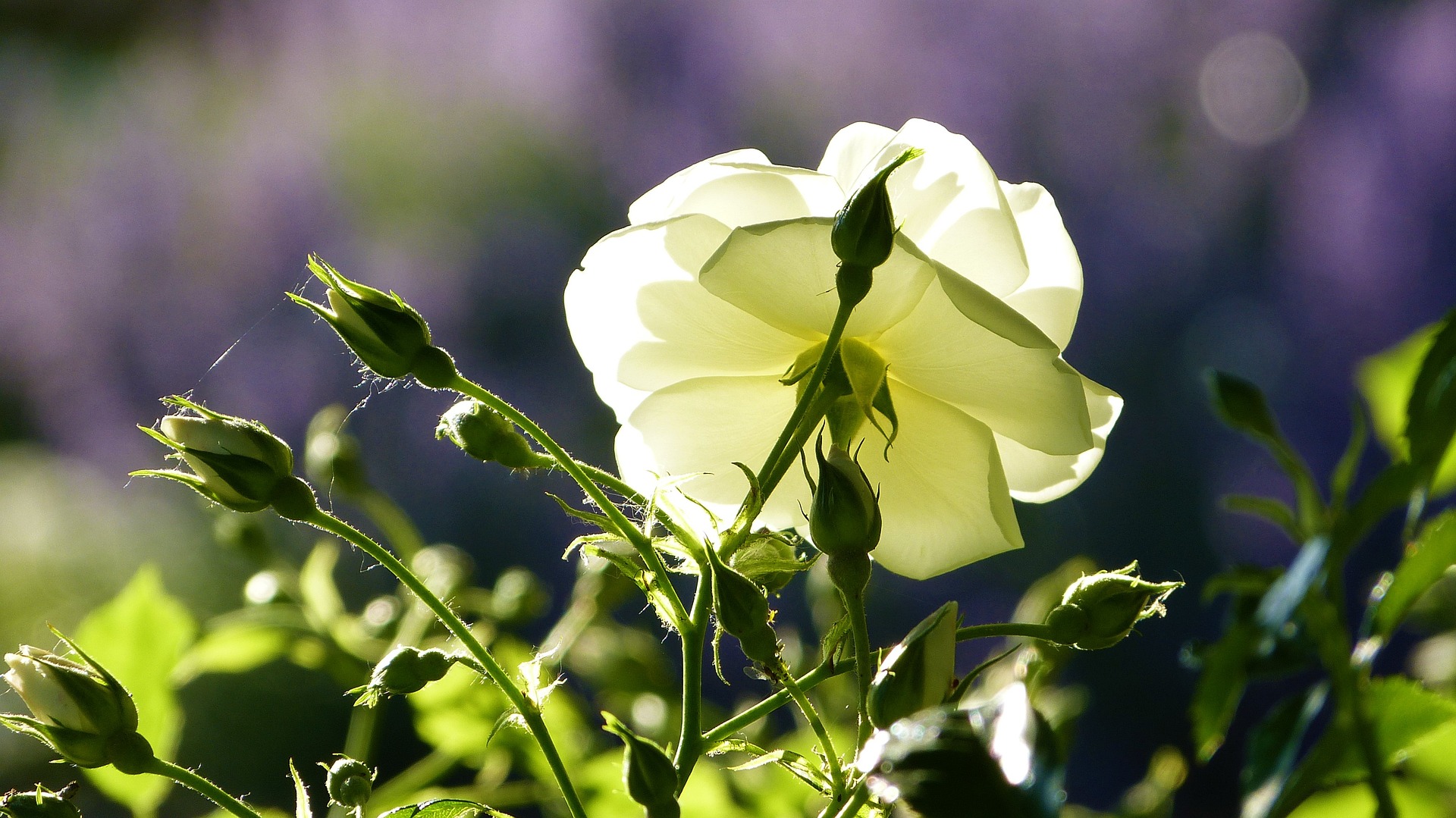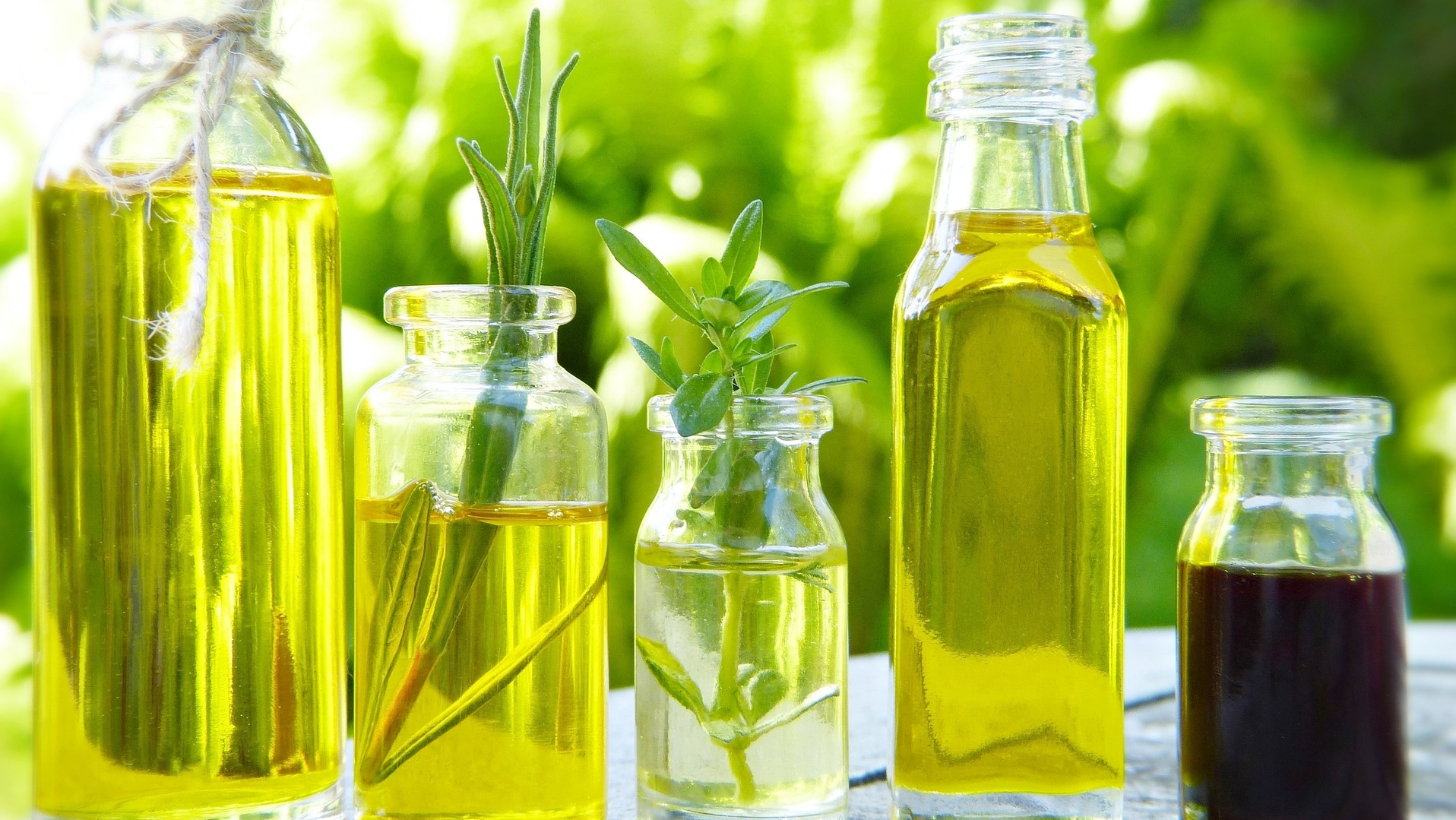Essential Oils to Include in Your First Aid Kit
An essential oil first aid kit is a wonderful supplement to your regular first aid kit for treating minor injuries, illnesses, and irritations, such as mosquito bites. It's perfect for road trips, camping, vacations, and sports activities.
While many essential oils can be added to your first aid kit, here are a few highly useful ones:
Lavender
Lavender is indispensable in a first aid kit. Therapeutic-grade lavender is safe and can be used for burns, headaches, sore muscles, bug bites, and more. In emergencies, lavender can be applied directly to the skin (known as using the oil "neat").
Note: Do not use lavender for puncture wounds; it heals only on the skin's surface and may trap infection inside the wound. Instead, use tea tree oil.
For Minor Burns:
Apply lavender neat or mix with aloe vera gel. Aloe provides immediate relief from pain, while lavender speeds up the healing process with minimal scarring.
For Sunburns:
Mix a few drops of lavender in cool water, shake well, and spray the affected area. Alternatively, create a compress by soaking a cloth in lavender-infused cold water. Repeat as necessary. You can also mix lavender with a carrier oil and apply it after 24 hours to promote healing.
Sunburn Spritzer Recipe:
- 1 oz purified water
- 2-4 drops of lavender essential oil
- ½ tsp pure organic aloe vera. Mix and spray directly onto the sunburn.
For Headaches:
To relieve tension, apply one drop of lavender essential oil directly to the temples and nape of the neck.
For Sore Muscles:
Mix 1 tsp carrier oil (e.g., sweet almond) with 5 drops of lavender essential oil. Massage into sore areas. For added relief, include a few drops of Roman chamomile.
For Mosquito Bites:
Apply lavender neat or diluted with carrier oil. Peppermint essential oil can be added to reduce itching but ensure it's diluted (e.g., 1 drop each of lavender and peppermint in 1 tsp carrier oil).
For Stress, Insomnia, or Exhaustion:
Place a few drops of lavender on a cotton ball in your car to ease travel-related stress. Add to a bath or mix with Roman chamomile to promote relaxation and restful sleep.
Peppermint
Peppermint is excellent for stomach issues, headaches, fatigue, congestion, and itchy skin. It's a great oil to keep on hand during travel.
For Upset Stomachs:
Inhale peppermint directly from the bottle, or rub 1-2 drops diluted in carrier oil (1 drop in 1 tsp oil) onto the abdomen. This works for both adults and children.
For Migraines:
Dilute peppermint with carrier oil (1-2 drops per tsp) and rub on the temples, back of the neck, and solar plexus. For added relief, combine with lavender essential oil.
For Exhaustion and Fatigue:
Inhale peppermint from a cotton ball to boost mental alertness and relieve exhaustion.
For Nasal and Chest Congestion:
Dilute 5 drops of peppermint in 1 tsp carrier oil and inhale. You can also rub the blend onto your cheekbones and under your nose. Adding lavender can help ease sinus headaches.
For Sunburn Heat Relief:
Add 5 drops of peppermint oil to a tepid bath to cool the skin. While peppermint won't heal the burn, it will reduce the feeling of heat.
For Itchy Skin or Poison Ivy:
To ease itching, add 2-3 drops of peppermint oil to calamine lotion or dilute in a carrier oil.
Helichrysum
Helichrysum is known for its powerful anti-inflammatory and healing properties, making it great for bruises, swelling, and inflammation.
For Bruises:
Dilute helichrysum in a carrier oil (5 drops in 1 tsp) and apply immediately to ease pain and reduce swelling.
For Inflammation:
Dilute and apply to inflamed areas to relieve pain and reduce swelling.
Tea Tree
Tea tree oil is a powerful antiseptic with antiviral, antibacterial, and antifungal properties. It's ideal for treating cuts, scrapes, and puncture wounds.
For Scrapes and Cuts:
To disinfect and prevent infection, clean the wound and apply diluted tea tree oil (5 drops in 1 tsp carrier oil).
For Puncture Wounds:
Dilute tea tree oil (5 drops in 1 tsp carrier oil) and apply regularly. Important: Always consult a doctor if the puncture wound is serious or if there's a risk of tetanus.
For Skin Irritations:
To prevent infection of mosquito bites, cuts, or scrapes, use diluted tea tree oil and apply it frequently.
Roman Chamomile
Roman chamomile is calming and is excellent for sore muscles, cramps, and skin irritation.
For Relaxation:
Blend with lavender and use in a bath or diffuse in the air to promote relaxation.
For Sore Muscles:
Dilute in carrier oil (5 drops in 1 tsp) and massage into sore areas. Adding lavender will enhance the calming effects.
For Colic or Teething Pain (Babies):
For babies aged 6 to 12 months, dilute 1 drop of Roman chamomile in 1 oz of carrier oil. Massage onto the stomach for colic or along the jawline for teething pain.
For Cramps and Muscle Spasms:
Dilute and massage the affected area to relieve cramps and spasms. Roman chamomile is particularly effective for menstrual cramps.
Cajeput
Cajeput is known for its antiseptic properties and can be used for treating fire ant bites, insect bites, and fungal infections.
For Fire Ant Bites:
Apply cajeput essential oil directly to the bite as soon as possible, reapplying several times on the first day. On the second day, switch to diluted lavender oil to speed healing.
For Ringworm and Athlete's Foot:
To treat fungal infections, dilute cajeput oil (5 drops in 1 tsp carrier oil) and apply it to the affected area.
Additional Essential Oils to Consider:
- Eucalyptus: Useful for treating respiratory issues and soothing sore muscles. Dilute 5 drops in 1 tsp carrier oil for chest rubs or inhalation.
- Frankincense: Great for wound healing, reducing inflammation, and treating cuts. Dilute and apply to wounds to reduce scarring.
- Clove: Known for its antiseptic properties, clove oil can be used for toothaches and minor cuts. Dilute before applying to the skin.







